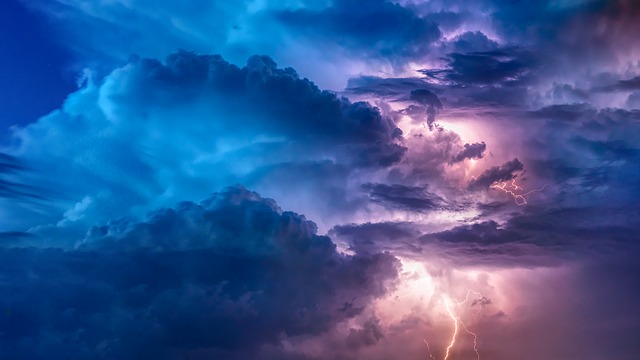Following the mass shootings in the US, Diana Winston provided a meditation podcast on the topic, Finding Refuge in Difficult Times. Diana suggests that we could turn to meditation in these difficult times when we are confronted with senseless violence, international conflict over trade and territories and increased levels of uncertainty and vulnerability. Mindfulness meditation can help us to develop many positive aspects in our lives including gratitude, compassion, calmness and clarity. Diana maintains that in difficult times meditation practice can serve as a refuge for us – a place of quiet, equanimity and loving kindness. Meditation in this context is not escapism but genuine facing of reality to restore our equilibrium and develop resourcefulness to meet the challenges that confront us daily.
Meditation as a refuge
Diana provides a meditation that is designed to achieve a sense of equanimity in difficult times. It addresses today’s challenges and their impact on our thoughts and emotions and, at the same time, provides a means to become grounded, resourceful and open-hearted. There are four main elements to the meditation provided by Diana through MARC (Mindful Awareness Research Center) at UCLA:
- Becoming Grounded – this is particularly important given that we can become unhinged, buffeted and disturbed by difficult times experienced in the world at large. Tlhe concept of grounding evokes the image of solid earth underfoot and certainty and support when moving forward. The meditation thus begins with ensuring we have our feet firmly planted on the floor so that we can feel the support of the earth by picturing the solid earth below us. Out attention then moves to the firmness and uprightness of our back against the chair. This feeling of solidity reinforces our sense of groundedness. This, in turn, can be strengthened by focusing attention on the solid contact of our body with the seat of the chair.
- Breathing – breath is our life force and we take around 20,000 breaths a day. It is a good thing that we do this unconsciously, without having to think or be focused. However, focusing on our breath, paying attention to the act of breathing, is an important way of becoming grounded in life. This stage of the meditation involves focusing on our in-breath and out-breath and the space in between. It does not involve controlling our breath but just paying attention to what is happening naturally for us, despite the absence of conscious effort. You can feel energy tingling in your fingers if you join them together while paying attention to your breath and this can serve as an anchor throughout the day whenever you feel the need to re-establish a sense of equilibrium and equanimity. Accessing your boundless, inner energy resources in this way can build your ongoing resourcefulness and resilience.
- Acceptance – accepting what is and what we are experiencing. This means owning our thoughts and feelings and acknowledging that reactions such as anxiety, concern, fear, uncertainty or doubt are normal, given the difficult world we live in. It does not involve passivity, however, but noticing our reactions, not denying them nor indulging them. It means handling our natural responses non-judgmentally and seeking to accept what is happening for us. Diana suggests that we can even express this as a conscious desire such as, “May I accept what is”.
- Offering compassion – this involves being empathetic towards people who are suffering – for example, as a result of a major adverse event. Compassionate action in this situation can involve loving kindness meditation embracing all who are affected by a significant adverse event – extending to family, friends, colleagues, emergency responders and the community at large. We can express the desire that all who are directly affected are protected from inner and outer harm; develop good health; find contentment and happiness; and experience the ease of wellness.
As we grow in mindfulness through meditation and grounding ourselves, we can learn to accept what is, access our inner resources and build our resourcefulness and resilience to face the difficult challenges of daily living in a complex and conflicted world.
____________________________________________
By Ron Passfield – Copyright (Creative Commons license, Attribution–Non Commercial–No Derivatives)
Disclosure: If you purchase a product through this site, I may earn a commission which will help to pay for the site, the associated Meetup group and the resources to support the blog.
